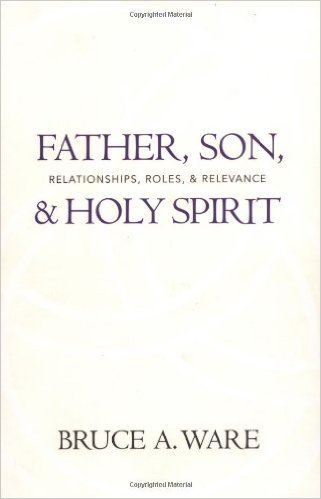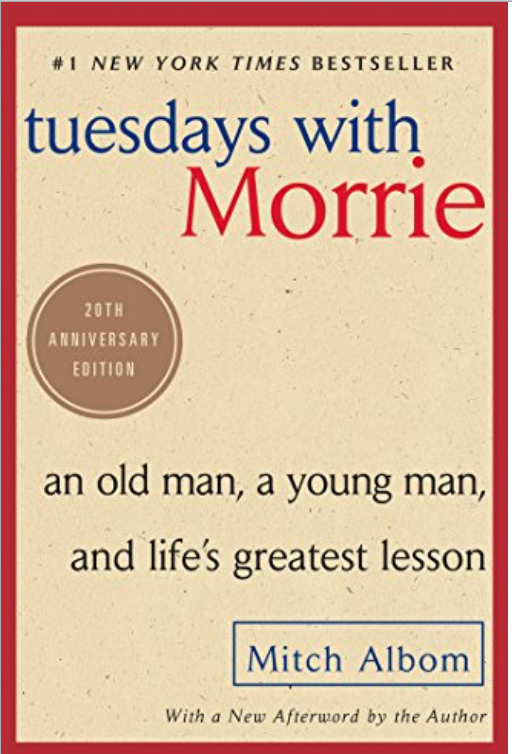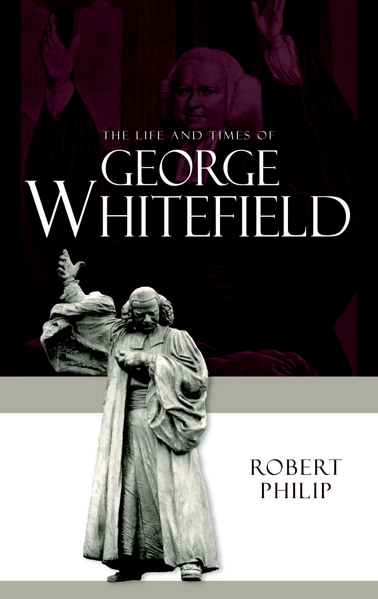
Bruce Ware is good for laying down the historical back story for how the Christian church came to affirm the Trinitarian position. Certainly it was a struggle, but it was always a struggle to make sense of what the Scriptures actually said. Faithfulness to the written text was the motivation for the doctrine even if the conclusions went beyond the capacity for full human understanding.
What the Scripture presents is monotheism, but yet at the same time, 3 unique persons emerge from the Bible all having the attributes of deity and the affirmation of deity from the biblical authors. If all three persons are equally God, then whats the difference between them?
The answer to that question is essentially what Bruce Ware’s book is all about.
For Ware the difference comes down to roles. God the Father’s role is that of supreme leader (not to be confused with the title currently given to North Korea’s dictator) He is the highest authority, the one deserving of ultimate praise, the grand architect of all things. Both Jesus and the Spirit acknowledge the Fathers authority even though they are equal in value to him.
God the Son’s role is that of submission. Jesus always yields to the will of the Father. It doesn’t mean that Jesus is inferior to God, only that to obey is divine. It’s not a bad thing to submit is Ware’s oft given refrain during this chapter. He has a reason for driving this point home.
God the Spirit’s role is that of assistant. Ware refers to the H.S.’s job as “the background role” of the Trinity. But certainly it is not unimportant, the Spirit’s work both points people to Jesus and also empowers those who follow Jesus.
The “so what” part of the book is the last chapter. What I liked about his conclusion is his presentation of the Trinitarian God as highly relational, interconnected and interdependent. For Ware this vision of God is also a vision of what we should be like. He takes a well timed swipe at the rugged independence of the western world, and urges us away from the “I did it my way” Long Ranger approach to life that America is famous for.
What I’m definitely iffy on is his efforts to put the members of the Trinity in their proper places. Order is all that seems to matter to Bruce Ware. Yes, they are all equal, But God is first place, Jesus is second place and the H.S. is third place. I don’t believe the Bible makes as many pains to bear this out as Bruce Ware thinks it does. But he has good reasons for pressing into Trinitarian order.
Which leads me to the second thing that I just can’t swallow. Ware seizes upon I Cor 11:3 — But there is one thing I want you to know: The head of every man is Christ, the head of woman is man, and the head of Christ is God and then launches himself into the conversation about the role of men and women. Just like Jesus submits his will to God so to must the woman submit her will to the will of man. But that’s just the starting point, the conversation quickly moves to a Church polity discussion and I discover that because Jesus submits to the will of the Father, women should not be aloud to speak in church! Wait, what? But don’t worry women because men and women are positionally equal, just like Jesus and God are. It’s just that it’s your job to submit which means you need to keep your mouth closed in church. Yeah, it’s just too much for me. I don’t believe the wonder of the Trinity should be used as a maneuvering point to “keep women in their proper place.” I think a Trinitarian conversation could go in so many better directions, which is why I like Michael Reeves book Delighting in the Trinity a 100x more than Bruce Ware’s book



